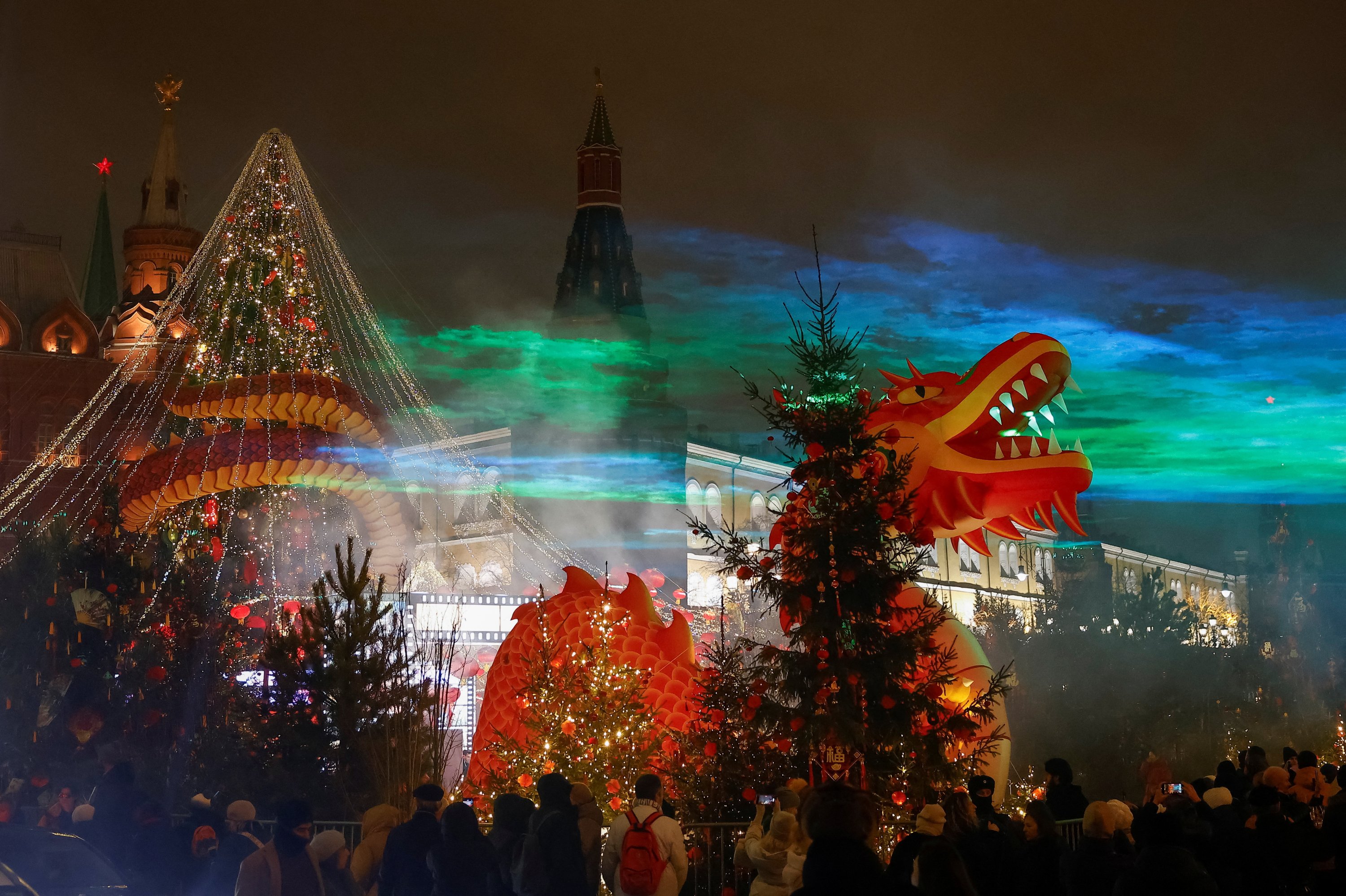© Turkuvaz Haberleşme ve Yayıncılık 2026
The sanctions implemented in 2022 in response to Russia's military intervention against Ukraine under the name of a "special military operation" have reached a point where the effectiveness of the sanctions strategy used by Europe and the United States as a foreign policy instrument has been questioned. In this process, it is noteworthy that economic, cultural and political sanctions have created unexpected effects rather than achieving the intended outcomes.
Comprehensive sanctions targeting cultural and sporting areas may have failed to deliver the desired outcomes. Instead, they appear to have strengthened public solidarity with state leadership. For example, sanctions such as the exclusion of Russian athletes from competing in the Olympics, restrictions on the entry of cars with Russian license numbers into some European countries and restrictions on the works of world-renowned Russian authors have reinforced the perception of "unfairness" among the Russian population.
Restrictions on Russian socio-cultural elements reinforced the propaganda that, as in the Soviet Union, "foreign powers are targeting Russian identity." While this led to a reduction in criticism of the current leaders, who were the target of the sanctions, the exclusion of athletes and cultural figures created the impression that the sanctions policies have a problem not only with the current government but with Russian society as a whole. Indeed, the crackdown appears to have triggered a sense of "collective solidarity" among certain segments of the population, leading them to take a more critical view of the sanctioning countries and their policies.
The lessons Russia learned from the sanctions it faced after the annexation of Crimea in 2014 seem to have enabled it to develop a more resilient strategy against the current sanctions. Since then, Moscow may have achieved considerable success in limiting the impact of sanctions by developing alternative trade routes and economic policies. For instance, the increase in Germany's trade with the Commonwealth of Independent States (CIS) countries seems to have paved the way for indirect exports to Russia.
Between 2021 and 2023, imports from Europe to Kyrgyzstan, Kazakhstan and Armenia rose by 70%, 42.2% and 40%, respectively – suggesting that the goods and products needed are being transferred to Russia via these countries. In support of this statement, over the same period, exports from these three countries to Russia increased by 52%, 31.2% and 76%, respectively. These data demonstrate the effectiveness of Moscow's indirect trade strategies against the sanctions and the role of cooperation with the CIS in mitigating the effects of the sanctions.
In addition, Russia's weak ruble policies have allowed its economy to resist sanctions by keeping oil and gas revenues at a stable level. The critical role of energy resources in global markets has made it more difficult to exclude Moscow from the European countries. In the meantime, Russia has strengthened its relations with major trading partners such as China and India and continues to export energy and other goods through these countries. These facts demonstrate once again the dynamic structure of international relations and the fact that economic realities could prevail over political aims.

The gap in production and supply created by the withdrawal of Western and Far Eastern companies from Russia has led the Moscow administration toward import substitution policies. However, the success of these initiatives remains a contentious issue. For instance, Renault's exit from Russia led to the symbolic reintroduction of Moskvich-branded vehicles. Yet, significant challenges arose, such as the vehicles being manufactured without many modern technologies and failing to meet contemporary safety standards. Other domestic brands in the country faced similar difficulties, with some models being produced without basic safety features like ABS and airbags.
In the aviation sector, the suspension of spare parts supplies by many leading companies caused major disruptions in air transport due to the inadequacy of local solutions. Although spare parts are reportedly imported through neighboring countries, this workaround is unsustainable in the long term. Locally developed alternatives, meanwhile, have struggled to meet quality standards.
In the furniture and clothing industries, the exit of global brands initially presented an opportunity for local manufacturers. However, these producers have been unable to meet international standards in terms of quality and design. While new players from Türkiye, China and India have entered the market to address domestic demand, challenges related to logistics and cost efficiency persist.
The closure of the last gas pipeline supplying Europe through Ukraine due to the non-renewal of the contract as of Jan. 1, 2025, has placed several European countries in a difficult position between political ideals and economic realities. The affordability of Russian liquefied natural gas (LNG) on the spot market compared to alternatives has further complicated the search for balance in energy policies. Following the pipeline shutdowns, the Baltic countries turned to LNG to meet their gas needs, setting a record in 2024 with 16.65 million tons of Russian LNG imports.
As the energy crisis deepens, energy-dependent countries are increasingly pressing for a more moderate relationship between Moscow and Ukraine in the name of ending the war and lifting sanctions. In this context, the statements of Hungarian Prime Minister Viktor Orban and Slovakian Prime Minister Robert Fico are noteworthy. Both leaders emphasized that the EU sanctions against Russia are damaging the European economy and that the EU should reconsider its geopolitical strategies on the axis of energy security. This divergence highlights the complex interplay of energy dependency and geopolitical priorities among EU member states.
